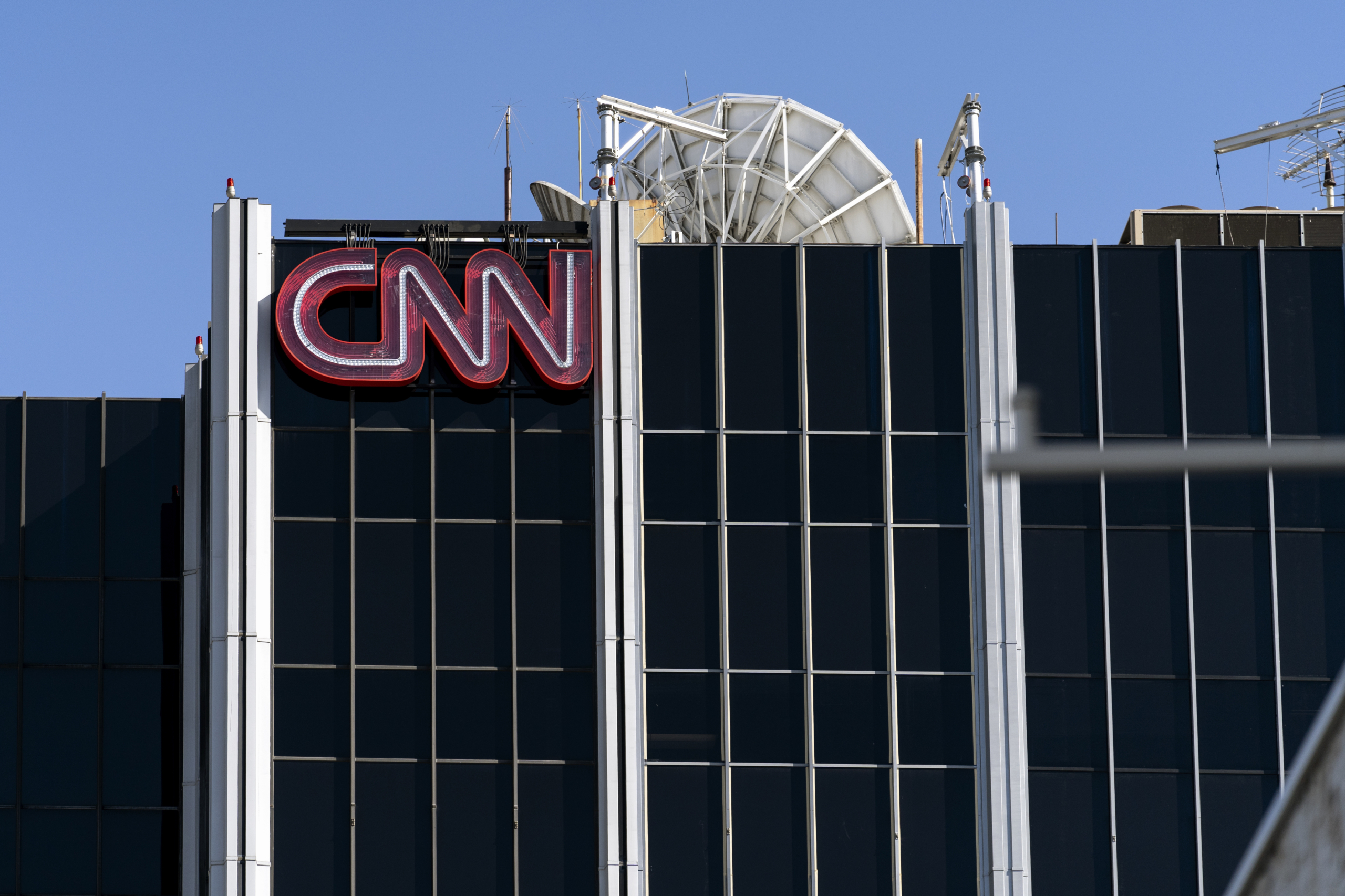Sign up for The Media Today, CJR’s daily newsletter.
It seems like a good moment, with the ends of the Trump administration and global pandemic in sight, to ponder what is next for CNN.
After years of long, chaotic days, news producers on the brink of burnout (or well past it) are certain to welcome a time of relative calm—as long as they are able to retain their jobs. Warner Media announced a new round of layoffs this fall; at a recent company town hall, its chief executive, Jason Kilar, was asked if CNN was at risk, as some have speculated. Kilar “didn’t explicitly say no,” a reporter noted at Deadline, “but appeared bullish on the cable news network, highlighting its recent ratings success.”
Inside the network, according to informal conversations with several staffers in the weeks since the election, there is pride that CNN ended the month of November on top in the coveted 25- to 54-year-old demographic, both in primetime and total day audiences. There’s a belief the network may benefit from the fact that Fox News fans are depressed and MSNBC has not yet figured out how to position itself in a changed news cycle.
But CNN, like every other news network, may struggle in 2021. It must figure out how to cover a Biden administration that isn’t defined by conflict. Having a president, in Trump, who is well-versed in reality television, and whose main aim was to outrage and troll his political opponents, has been a boon for ratings. Likewise, Trump may have broken the grading curve: Think about the potential controversy if Joe Biden had been the first to nominate a recent general to lead the Pentagon.
There have been great signs, in these strange, semi-post-Trump days, that there is an appetite for something more substantive. On November 19, Anderson Cooper dedicated multiple segments with Bill Gates to discussing the pandemic. The very next hour, Chris Cuomo spent a big part of his show with Anthony Fauci. Both interviews provided useful information about the reliability of the new vaccines just announced, logistics about the vaccination rollout, realistic timelines, and whether to send children to school (each had a slightly different take).
Though there will be a pressure to cut back after the election—as MSNBC did in 2016, when I worked there—CNN might actually benefit from adding more talent. Certainly there will be much to unwind, both federally and locally, from the past four years—and that’s without a covid vaccine rollout, and the restarting of a damaged economy. I would certainly welcome a return to journalistic fundamentals, not over-simplified political debates.
Last week demonstrated how CNN is struggling with those very polarities. On one evening, each show during primetime led with Trump and another lawsuit bound to fail. Chris Cuomo paired John Kasich, the former Republican governor of Ohio, with David Axelrod, a former Obama advisor, in what was surely intended to appear as a “balanced” discussion on the corrosion of the Republican party.
CNN producers may well believe that they are defending democracy, but the segment did what so many CNN segments do—elevate the rage quotient without enlightening the audience. To his credit, Cuomo was the only host to devote any time to the pandemic relief bill—a piece of politics that may have a very real impact on viewers’ lives—between 7pm and 12am that day.
The chatter within the network is that there’s an appetite for a dramatic new storyline to replace Trump—most likely to be propagated, internal discussions have suggested, through punditry instead of more expensive and risky reporting. It could pit the moderate Biden administration in opposition to those on the extremes of his party. Or, depending on Republican behavior, the narrative may dissect Biden’s prediction that he was best suited to forge bipartisanship. The network will also seek a Biden whisperer—a journalist impeccably connected, as the New York Times‘ Maggie Haberman has been with Trump—who can offer access and micro-scoops on the new administration.
During the company town hall, Kilar spoke in glowing terms about Jeff Zucker, CNN’s president and svengali, who has recently been the subject of rumor and speculation that he might depart. Kilar’s focus, though, was not on great journalism so much as ratings. That, sadly, means that the well-intentioned journalists at CNN—and there are many of them—may still have to fight to do anything other than conflict-ridden segments that seek drama to juice ratings.
Has America ever needed a media defender more than now? Help us by joining CJR today.



